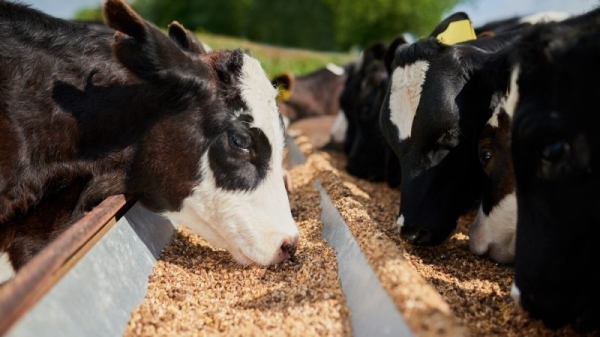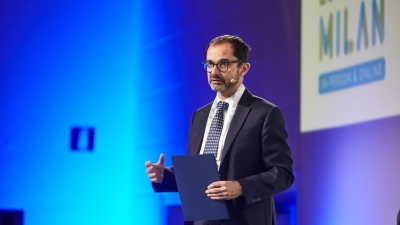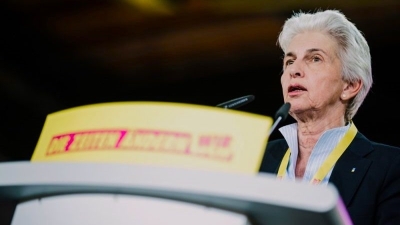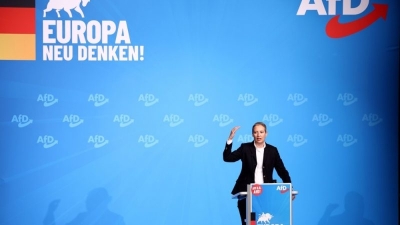EU is too dependent on animal feed and fertiliser imports, warns Parliament study

The EU remains heavily reliant on animal feed and fertilisers imports from outside the bloc, as highlighted in a recent study commissioned by the European Parliament’s Agriculture Committee (AGRI).
Researchers found that the dependency on non-EU suppliers was particularly significant for inputs (factors of production) linked to livestock production.
They highlighted that only two countries, Brazil and the US, accounted for 85% of the EU’s soybean imports in 2022, which is used in animal feed.
“This dependency calls into question the long-term resilience of the EU food system in an increasingly uncertain climate and geopolitical context,” reads the text.
Though the study emphasised that food availability in the EU “is not considered to be at risk ”, recent market shocks, such as the COVID-19 pandemic and the Russian invasion of Ukraine, have exposed vulnerabilities in the bloc’s food system.
During the early days of the war in Ukraine, animal feed prices skyrocketed due to uncertainties about the future availability of Ukrainian grain, pushing up costs for livestock farmers and narrowing benefit margins.
To improve the ability to face future challenges and reduce dependency, diversifying “sources and trade partners” through the completion of trade agreements, and reducing imports from a single supplier or market, are recommended.
Additionally, shifting toward lower consumption of animal products in people’s diets could decrease the bloc’s need for feed imports.
The text underscores the potential benefits of Ukraine’s accession to the EU, considering its status as a leading producer and exporter of raw materials and agricultural products, particularly protein crops and cereals.
The study suggests that the Commission’s review of the EU’s protein policy in 2024 could result in measures “which might increase domestic production of plant protein”.
Europe’s fertiliser problem
Researchers also pointed out the bloc’s dependency on imported energy and raw materials for fertiliser production.
The EU has traditionally sourced its mineral fertilisers from a reduced group of suppliers, primarily Russia, Egypt, Algeria, Morocco, and Belarus.
Though the EU vowed to cut imports from Russia after the invasion of Ukraine, the bloc has always spared food and fertilisers from its wartime sanctions.
In 2022, Russian imports of phosphates and potash accounted for 23% and 34%. The bloc also relied heavily on Morocco for phosphates 28%, and Belarus for potash, 30%.
Researchers considered the role of the Farm to Fork Strategy (F2F), the EU’s flagship plan to make food systems more sustainable, in reducing import dependencies through increased organic farming and reduced fertiliser use.
However, the study cautions that these objectives can only be achieved by “implementing and enforcing the relevant environmental and climate legislation in full.”
It also emphasizes that boosting organic agriculture should not significantly reduce EU food production, which could lead to further imports from third countries.
Read more with Euractiv




